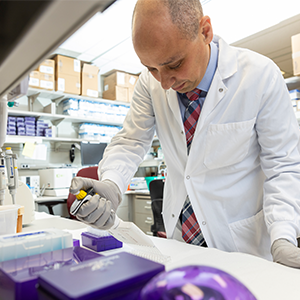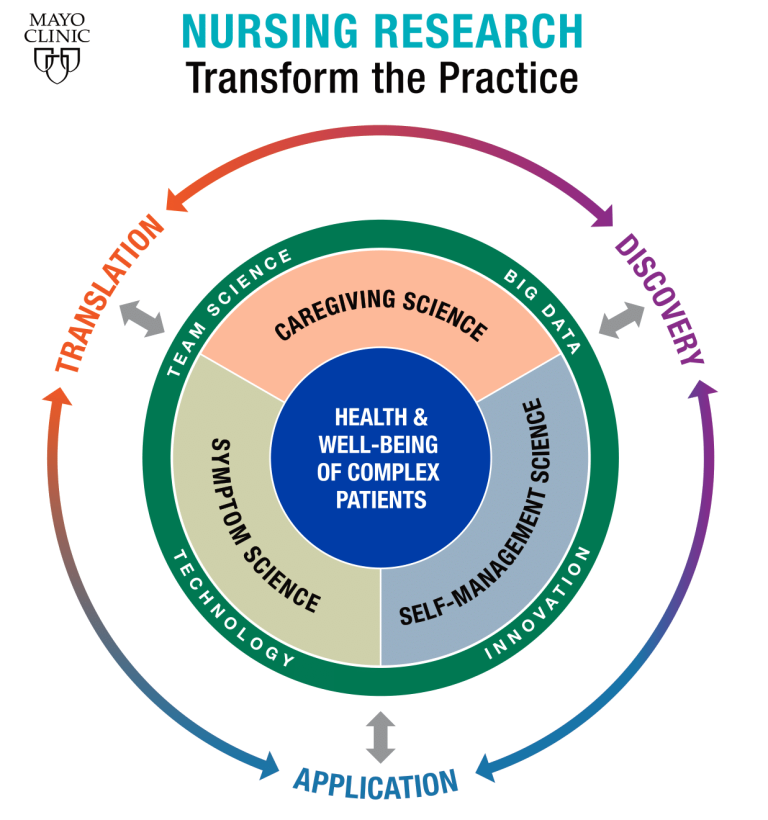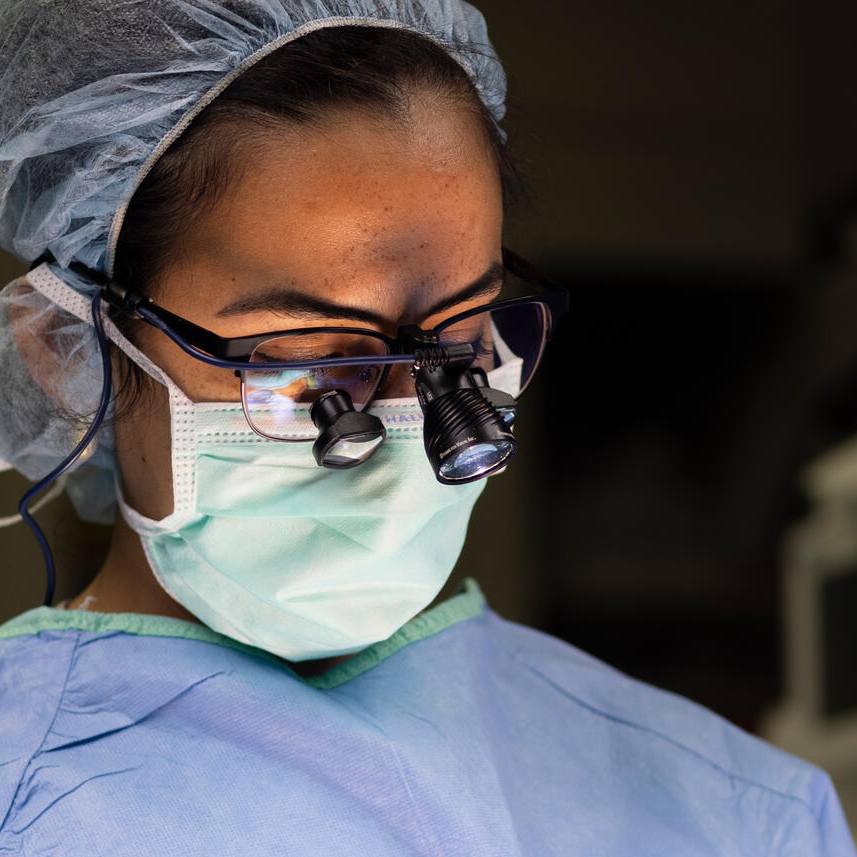-
Discovery’s Edge: Cell research on amyloidosis
When proteins fold improperly, the consequences can be dire.
At Mayo Clinic, Marina Ramirez-Alvarado, Ph.D., studies one type of protein abnormality associated with a complex and incurable disease called light chain amyloidosis. This type of amyloidosis is the most common and can affect the heart, kidneys, skin, nerves, and liver.

Dr. Ramirez-Alvarado and her team just published a paper on their most recent findings in the Journal of Biological Chemistry.
In the paper, Dr. Ramirez-Alvarado and her team use live cell fluorescence microscopy to show how these abnormal proteins invade cells.
Abnormal Antibodies
In light chain amyloidosis, the proteins in question are produced within the body’s bone marrow. Bone marrow contains white blood cells called plasma cells that are responsible for manufacturing antibodies. Antibodies are large Y-shaped proteins that help the immune system identify and neutralize pathogens. Antibodies are made up of two parts: “light chain” proteins in the two arms of the Y, and “heavy chain” proteins for the base of the Y.
Antibody Protein Deposits
As people age, plasma cells can change. Some of those changes can cause the cells to create only light chain proteins. These snippets of antibody proteins are released into the bloodstream where they preferentially bind to other light chains to form amyloid fibrils, fibrous protein deposits that clump together outside of cells in tissues and organs.

Together these clumps somehow penetrate cells and cause them to die.
“Learning how the protein and fibrils attack the cell which creates clumps that result in the death of the organ provides tremendous insight,” explains Dr. Ramirez-Alvarado. “We can look at inhibitors that could be used to block the penetration of the protein and amyloid fibrils into the cells.”
Protein Deposit Effect on Cells
Dr. Ramirez-Alvarado and her team used cardiac cells in this experiment and incubated those cells with amyloid fibrils, labeled with a green fluorescent molecule. Over time, the fibrils began to clump together, surrounding the cardiac cells. The researchers found that when the amyloid fibrils and protein are brought into the cell they act differently, with the soluble protein tripping the cell’s internal quality control mechanism to bring about cell death, and the amyloid fibrils causing the cells to stop growing and dividing.
Better Treatment, Faster
Knowing more about how these clumps form and enter cells will hopefully lead to better treatments faster, according to Dr. Ramirez-Alvarado. “Here at Mayo Clinic we work in such a unique and global approach from basic scientist to people working in the clinical laboratories and physicians who actually treat these patients,” Dr. Ramirez-Alvarado says. “This approach helps advance the science in a more rapid pace.”
(Read about Stefan Gyorkos’ treatment for amyloidosis at Mayo Clinic’s “Sharing Mayo Clinic” blog.)
Mayo Clinic’s research on light chain amyloidosis has also been helped immeasurably by the efforts of Robert Kyle, M.D., a hematologist at the clinic. Dr. Kyle has trained more than 200 hematologists and accumulated a vast number of samples during the course of his career.
(Read more in the Discovery’s Edge article, “Robert Kyle, M.D.: Multiple Myeloma Pioneer”)
Looking to the future, Dr. Ramirez-Alvarado says her team will begin to examine the structure of the protein clumps.
“In collaboration with the University of Illinois Urbana-Champaign, we are solving the atomic structure of the amyloid fibril so we will know every single atom in the molecule, giving us insight on how these become toxic.”
- Sara Tiner, August 30, 2016







